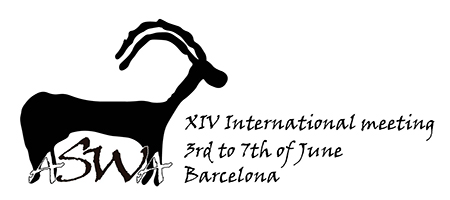Zooarchaeological interpretation inevitably relies on analogical reasoning. In many cases, the analogies employed as interpretative aids are of ethnographic nature. Zooarchaeology in particular has been heavily reliant on ethnographic studies to inform its interpretative framework, especially on animal husbandry practices. The majority of published relevant studies, however, concern highly specialised pastoralists in large-scale systems. Husbandry practices on smaller scales, especially in mixed agro-pastoral systems, are less documented ethnographically. The scarcity of ethnographic analogies covering such practices is detrimental to zooarchaeological interpretation, as scale is a fundamental characteristic of any animal husbandry system that influences many other of its aspects. This paper constitutes an effort to address this gap through an ethnozooarchaeological study of, now extinct, medium-scale traditional caprine husbandry practices in 20th century Cyprus. Data collected through semi-structured interviews with sheep and goat herders are presented to illustrate how scale affects several aspects of animal management. Information on mobility patterns, the integration of pastoral and agricultural practices, as well as more technical information on sex ratios, age-at-death, fluctuation of herd numbers through the agricultural year and other aspects are presented and discussed. Besides providing information of practical use to zooarchaeologists working in Mediterranean, particularly insular, environments, this paper overall contributes another variant of sheep and goat husbandry that can be used as an analogy in relevant archaeological cases.
|
|
|
By author > Hadjikoumis Angelos
Ethnozooarchaeological study of caprine husbandry in mixed agropastoral systems: questions of scale
1 : The University of Sheffield
Sheffield -
United Kingdom
| Online user: 1 | RSS Feed |

|

 PDF version
PDF version